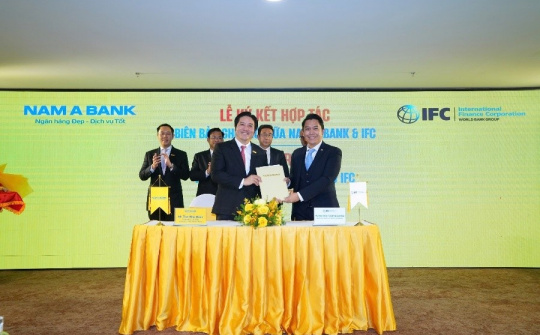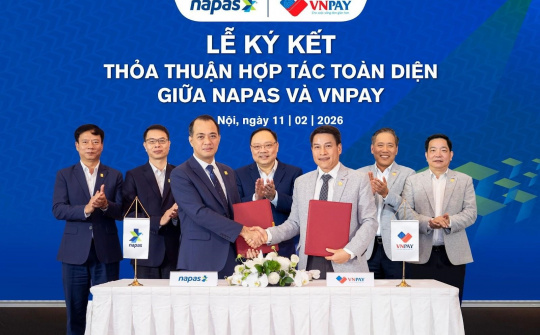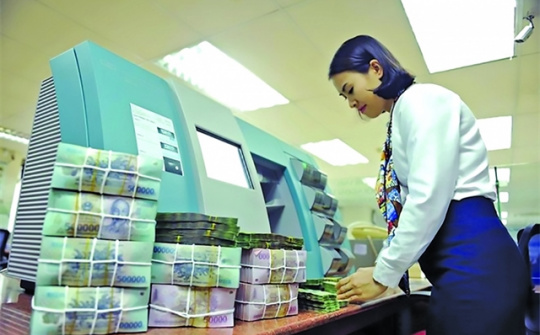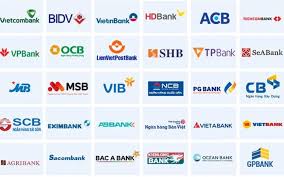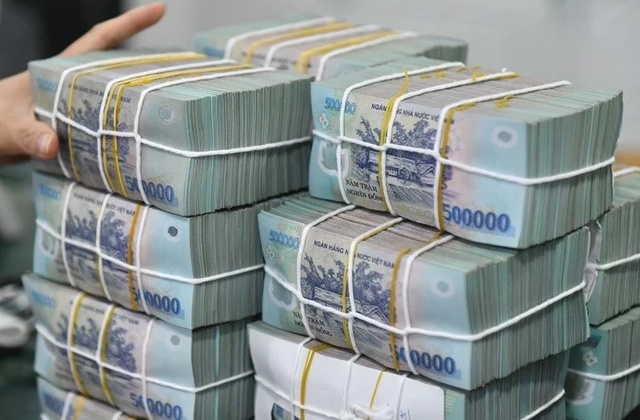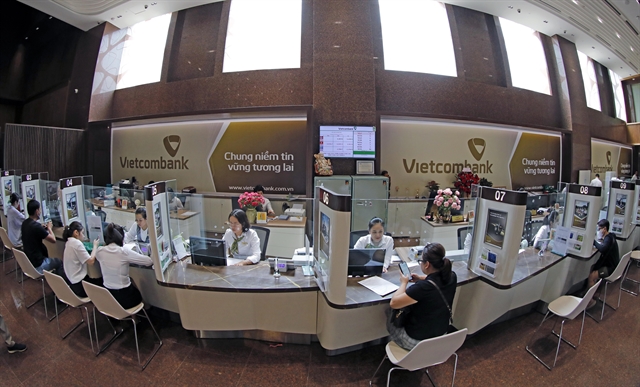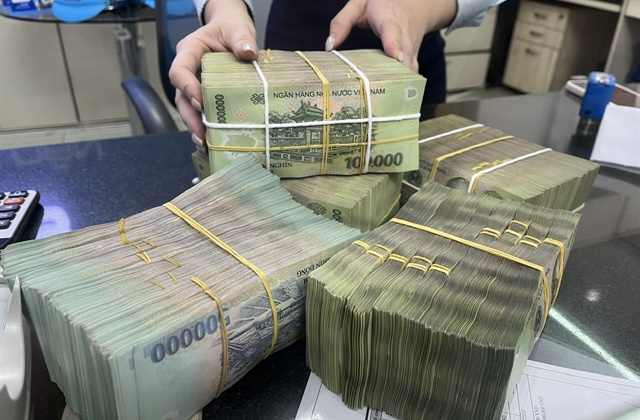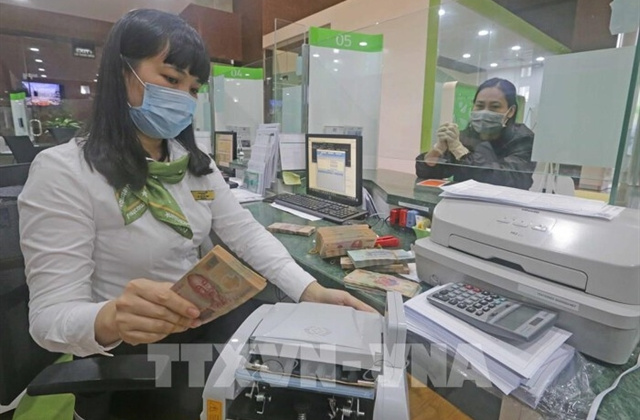
A customer uses a card for payment at a point-of-sale (POS). ATM card holders can use only chip cards instead of magnetic cards at many banks. VNA/VNS Photo
ATM card holders will only be able to use chip cards instead of magnetic cards as previously.
ACB announced that it stopped using international and domestic magnetic ATM cards since September 4 this year.
Eximbank also announced that it ceased using its V-TOP magnetic payment cards from September 10. The bank said that it has officially discontinued magnetic cards for many reasons related to security, efficiency and new technology trends.
Sacombank also announced it will stop magnetic cards as the strips store cardholder information, which are easily copied and attacked through skimming devices. Therefore, such kind of card is unsafe against financial frauds.
According to Sacombank, it stopped issuing new magnetic cards in 2017 and encouraged customers to switch to chip cards. At the same time, the bank has gradually removed magnetic cards that were unused or had very few transactions since 2019, when the State Bank of Vietnam issued a set of basic standards for domestic chip cards.
According to the banks, magnetic cardholders, who want to continue using ATM cards, should bring their personal ID card to the banks’ branches or transaction offices to cancel their magnetic cards and be issued new chip cards.
Experts say the conversion of magnetic strip cards to chip cards is beneficial for users, contributing to improving the security level, transaction speed, safety and ensuring the interests of customers.
Data is permanently stored on the magnetic strip of the old cards and is encrypted only once, so it easily leads to the risk of card information theft and transaction fraud.
Meanwhile, chip cards, which are also known as smart cards, have a microchip attached to the surface of the card. Transaction data is stored on the chip and the transaction password changes with each transaction.
Specifically, every time a chip card is used for payment, the chip will generate a unique transaction code and will never repeat. In case the customer’s card is stolen from a certain store, the fake card will never work because the stolen transaction code will not be reused and the card will be rejected.


